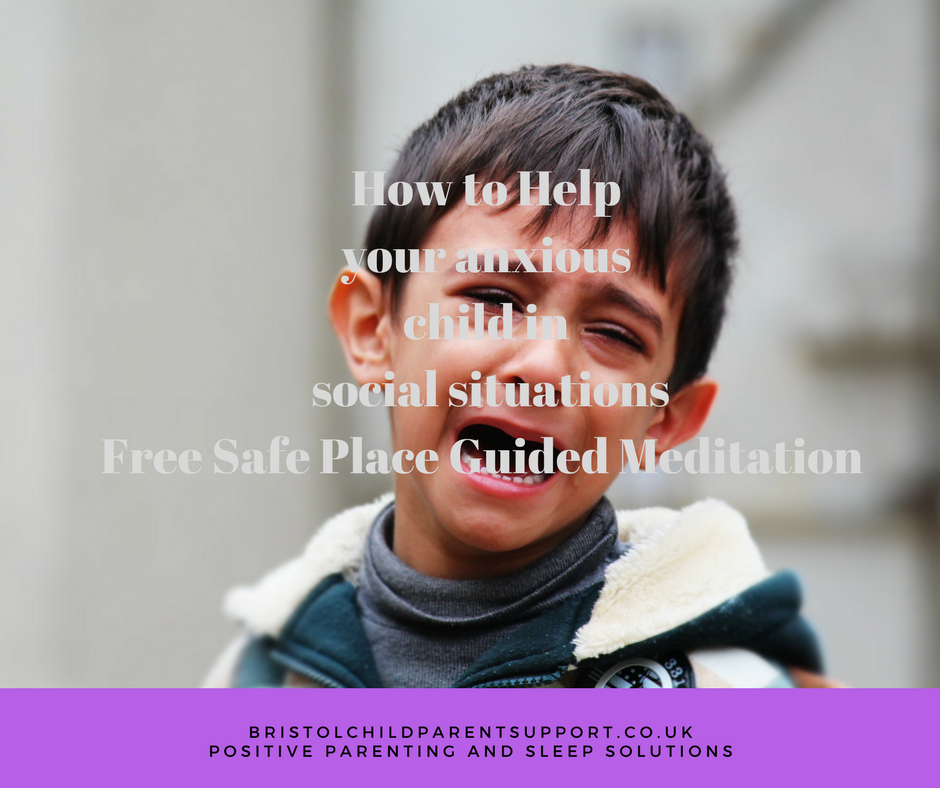It’s tricky. When your anxious child may struggle in social situations such as a play date or an after-school club, does your child cry or refuse to go?
I know that these are parents’ everyday problems in my recent anxiety workshop ( thank you, everyone, who came). They were facing. We acknowledged how hard it is to know when to push and step back. Unfortunately, I don’t have the ultimate” to-do list”, but here are some ideas that may help now that its Spring:
Ideas to help your child in social situations:
1. Educate
Ensure that your child understands what anxiety is and what happens to them. Normalise pressure, sit down and explain it. Even young children can understand this if you use superheroes or characters. I was hoping you could help them learn to breathe and relax; here is my safe place exercise for all age groups. Remember, they may need to practice it many times before feeling safe.
2. Break it down; we call this exposure work in cognitive behavioural therapy
You may want to use stories, drawings, and puppets. We made up a story about a boy who was afraid to go to after-clubs ( even though he tried to) with one child. We did role play and puppets, so he was able to practice what to say.
Use the ladder of success to break down each step and do it with your child, even if they are young.
3. Externalise the problem
Know that this is “the anxiety” and a part of your child; using language that does not blame or shame can help. Find a language for the anxiety, such as the “worry boss”.
4. Adjust your expectations
You may have to take many steps to get where you want to, which can be frustrating. Ensure you have friends that may be going through the same situation, and you can support each other in all the ups and downs.
5. Help them to find a buddy/friend
Sometimes, it can be as simple as finding common ground or arriving with someone your child is already comfortable with. Most people feel more comfortable entering new social situations with a partner, so why shouldn’t children? Invite a child around for supper or a play date first to break the ice.
“Many kids will tell me they’ll go to football practice, for example, but only if they know someone who goes there.
In addition, inform the coach if it is a team or club leader, and then you all know what to do if your child gets panicky.
6. Praise and be positive
When your child reaches a new step, praise praise praise and use this when there are struggles, be positive and don’t fall into the negativity trap.
Here is my weekly praise list if you missed it, Free Download, Praise Matters; words do matter, and our language can affect positive change.



